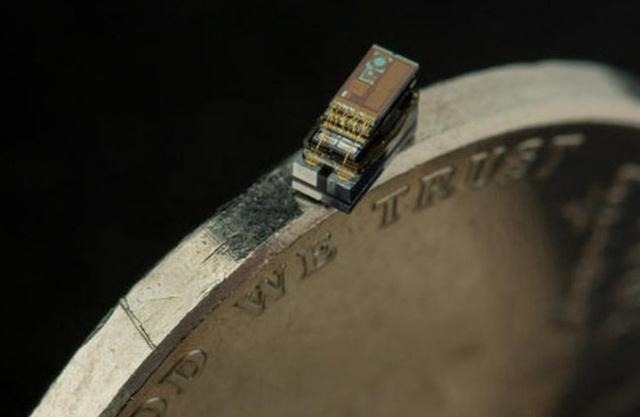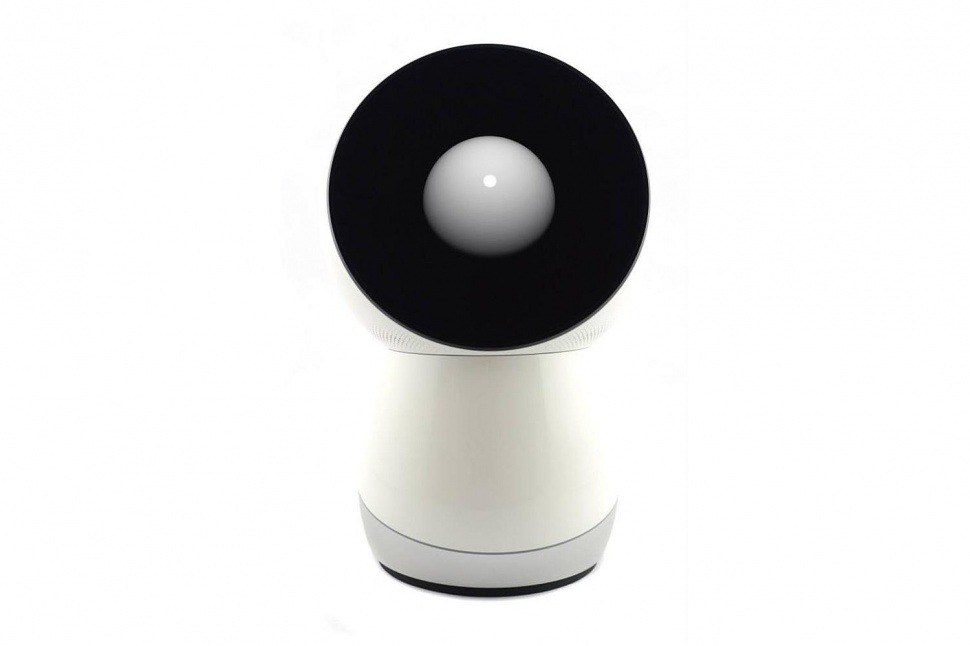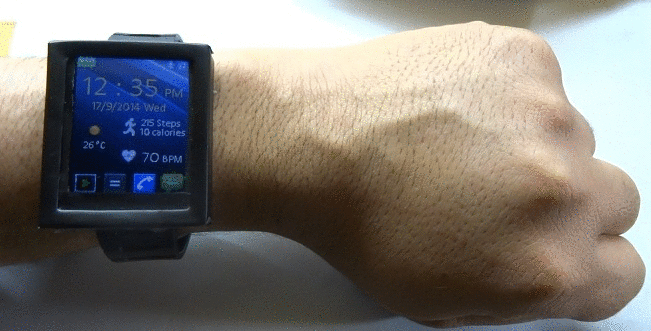Gone are the days when computers were large, bulky pieces of machinery. Meet the Michigan Micro Mote, which has been deemed the world’s smallest computer.
At a time when computers are seemingly shrinking, the Michigan Micro Mote has taken the trend to a new level. To give you an idea of its size, the M^3 computer can fit seamlessly along the edge of a nickel. Its volume is about one millimeter cubed.
David Blaauw, computer science and engineering professor at the University of Michigan, worked with five students to create the device. Blaauw and his team were able to achieve the small size by taking the computer’s battery into consideration. By reducing the amount of power that it needed to work, they were able to minimize the battery and overall size of the computer.
When its operator strobes light at a high frequency, it can send information to the Micro Mote. Then, it can process the data and send it to a different computer through radio frequencies. The Phoenix processor inside of the compute requires just 500 pico-watts in standby mode, and it can charge its battery in a room with no natural sunlight.
Medical professionals are among the people who are already interested in the tiny computer, which is small enough to be injected in the body. The computer can take pictures, read temperatures and record pressure readings, which could provide benefit to the healthcare industry. However, the oil industry is also interested in the M^3. The idea would be to use the computer to detect pockets of oil that could be extracted before moving onto a new site.
As for the Michigan team, they think that the M^3 could prevent people from losing items, such as keys or wallets. The computers could be adhered to items that may get lost, and its central system could help users find items around the house.
Needless to say, tiny computers are in big demand these days. Both Google and Intel recently announced the development of computers-on-a-stick – devices meant to connect to televisions and monitors and temporarily turn them into working computers. However, the Chromebit and Intel Compute Stick aren’t necessarily garnering attention from the healthcare or oil industries. The M^3 is in an entirely different league of small, and proves that there’s still room for the tiny computer concept to grow.
via digitaltrends.com



